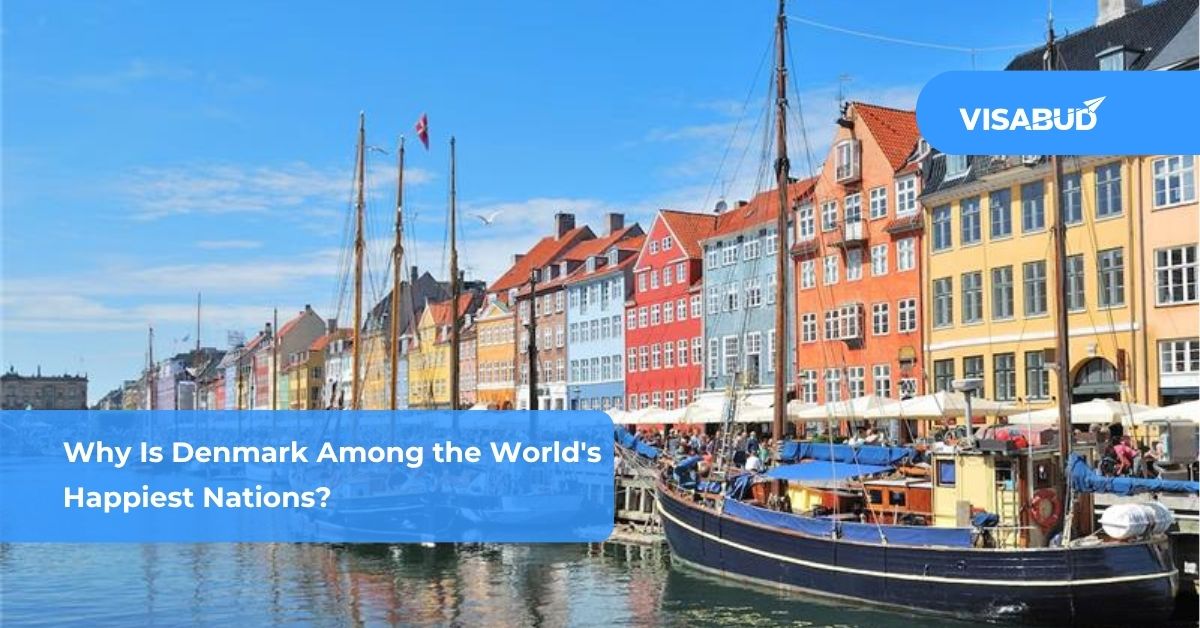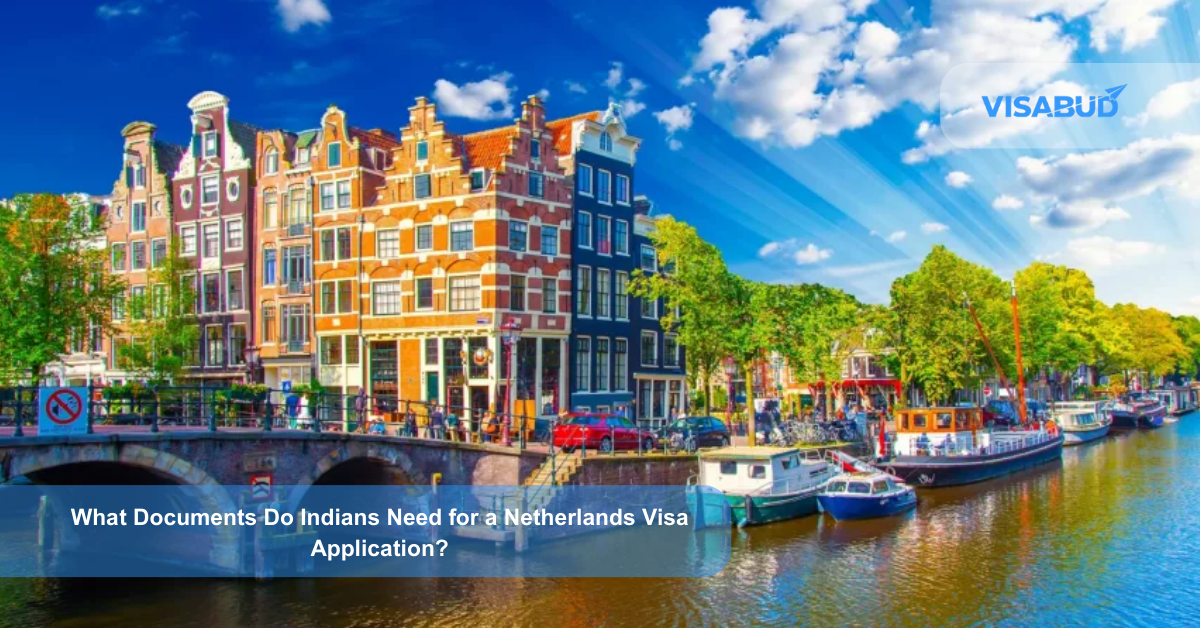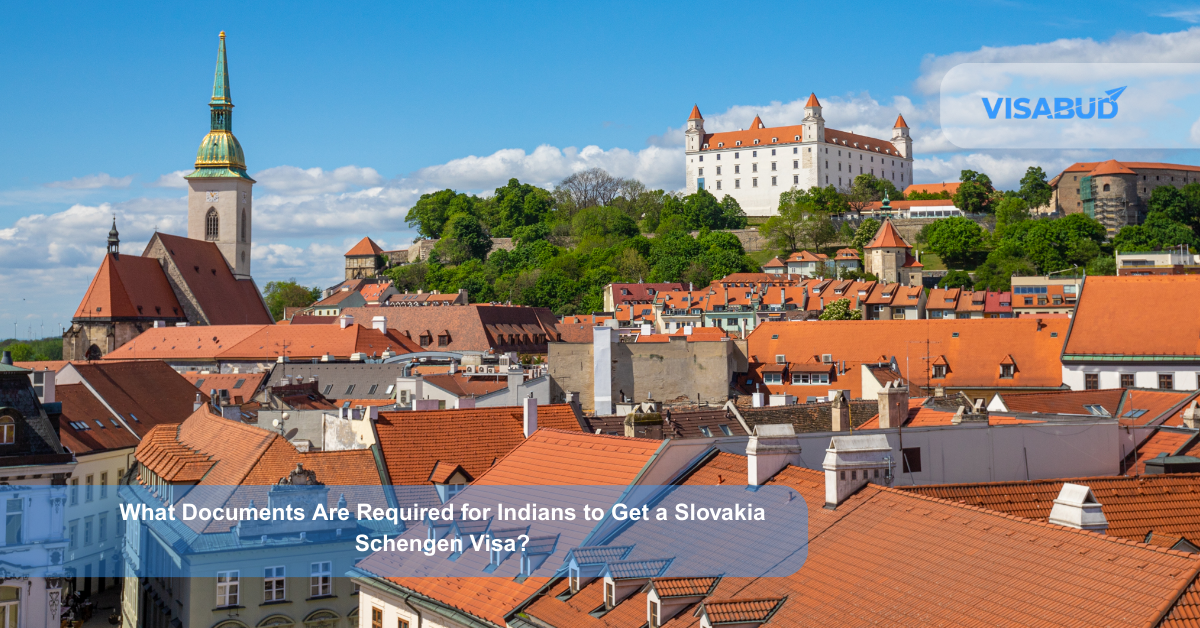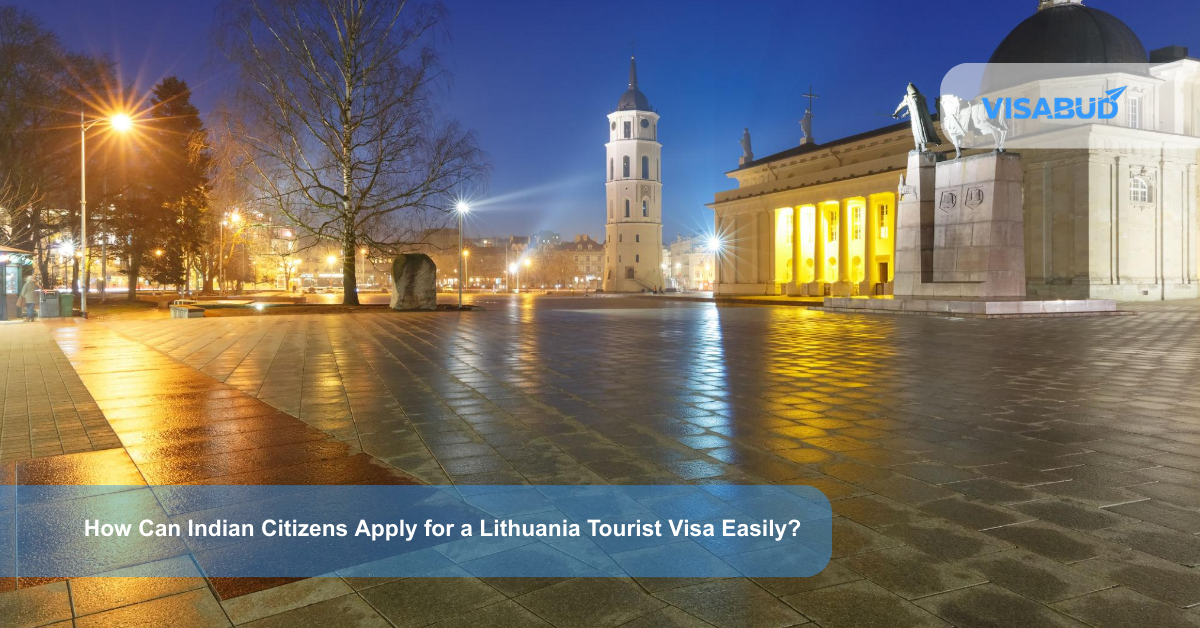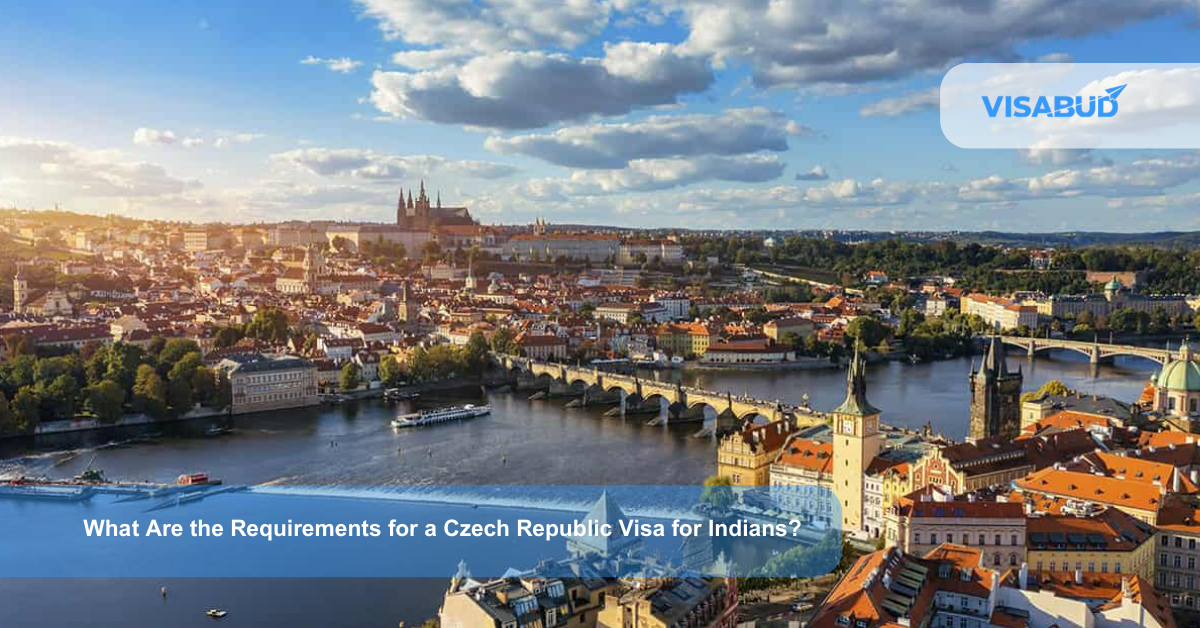Denmark has consistently ranked among the top spots in the United Nations World Happiness Report, sparking global curiosity. So, what makes Denmark one of the happiest countries in the world? Is it the economic model, the cultural values, or something even deeper rooted in Danish society? This article explores all angles in a humanized and detailed way, blending research with cultural insights to help you understand why this Nordic nation is often synonymous with happiness.
Understanding the Danish Model: A Foundation for Well-Being
One of the most compelling answers to what makes Denmark one of the happiest countries in the world? lies in its socio-economic structure. Denmark has a welfare system that works well and helps its people from birth to death. This ensures:
These services may seem basic on the surface, but they create a strong safety net that reduces anxiety, poverty, and inequality key elements that affect life satisfaction.
Income Equality and Low Corruption: The Silent Contributors
Scandinavian countries are known for high taxation, but this comes with returns in the form of trust and security. Income inequality is relatively low in Denmark, and citizens feel a sense of fairness. People’s confidence in the system is increased by the fact that Transparency International continuously rates Denmark as one of the least corrupt countries in the world.
The Role of Trust: Social Capital as a Happiness Pillar
A 2017 study from Aarhus University emphasized the high levels of social trust in Denmark. People not only trust the government but also each other. This contributes immensely to feelings of safety and community.
Think about it: when you leave your child at daycare, you don’t just rely on policies, you trust the caregivers. Daily trust affects stress levels and helps explain why Denmark is among the happiest nations in the world..
Work-Life Balance: Less Hustle, More Harmony
Denmark is also known for having some of the shortest work weeks in Europe, with many people working around 37 hours a week and leaving the office by 4 PM. There’s a cultural emphasis on spending time with family, enjoying outdoor activities, and practicing hygge the Danish concept of cozy, stress-free living.
Work-life balance is not just about hours. It’s about mindset. The Danish workplace prioritizes collaboration over competition, and that creates a more fulfilling professional life.
Hygge: The Cultural Concept That Promotes Mental Wellness
No discussion about what makes Denmark one of the happiest countries in the world is complete without exploring hygge. Pronounced “hoo-ga,” it’s more than just candles and warm drinks. It’s a cultural philosophy that encourages presence, togetherness, and simple joys.
People gather for meals without distractions, enjoy nature without phones, and value minimalism not for style but for peace of mind.
Community and Belonging: The Power of Social Circles
In Denmark, people often grow up in small communities and maintain lifelong relationships. Social clubs, community centers, and even communal dining halls in urban housing projects play a major role in keeping isolation at bay.
This deep-rooted sense of community is another vital answer to what makes Denmark one of the happiest countries in the world?
Education That Nurtures, Not Pressures
Education in Denmark focuses more on developing well-rounded individuals than on rote memorization. Children begin formal education later than in many countries and are encouraged to play and explore rather than compete. This reduces academic pressure and helps create a happier, healthier youth.
In universities, students receive grants and are not burdened with debt. Education becomes a joy rather than a means to an objective.
Healthcare That Supports Mental and Physical Well-Being
Healthcare in Denmark is not only free but also highly accessible. Mental health is openly discussed, and services are de-stigmatized. This openness allows people to seek help without shame, reducing long-term psychological distress.
Access to general practitioners, preventive care, and specialized treatments contributes significantly to national well-being and explains another angle of what makes Denmark one of the happiest countries in the world?
Environmental Consciousness and Green Living
The Danish population is very environmentally aware. Cities like Copenhagen are built for biking, not traffic. Renewable energy is a priority, and public transportation is both efficient and eco-friendly.
This commitment to sustainability creates cleaner environments, more active lifestyles, and a strong sense of collective responsibility all boosting happiness levels.
Economic Stability and Employment Security
While Denmark has a flexible job market, it offers a robust safety net.People who lose their jobs might rely on job coaching and unemployment compensation. The Flexicurity model ensures:
This reduces job-related stress, which is a major factor in modern life satisfaction and supports our central query: what makes Denmark one of the happiest countries in the world?
Civic Engagement and Freedom of Expression
Citizens in Denmark feel empowered to engage in democratic processes. High voter turnout and a sense of civic duty reflect this. People believe they can make a difference, and that sense of agency is a crucial component of happiness.
Freedom of expression and press also ensure that voices are heard, and grievances addressed a vital part of public contentment.
Safety and Low Crime Rates
One of the safest countries in the world is thought to be Denmark. Children walk to school alone, women feel safe jogging at night, and violent crime rates are among the lowest globally.
When people don’t live in fear, their overall mental and emotional wellness significantly improves, offering yet another explanation for what makes Denmark one of the happiest countries in the world?
Urban Design That Encourages Socialization
From walkable cities to community parks, Denmark’s urban design is built for interaction. This fosters a feeling of inclusion and encourages spontaneous social engagement key drivers of daily happiness.
Generational Support and Elderly Care
The elderly in Denmark are well taken care of. Loneliness does not accompany aging, and pension systems are strong. Many seniors continue to participate in social and cultural life well into their 80s and 90s.
This respect for older generations reinforces a sense of purpose and belonging throughout life a less explored but powerful insight into what makes Denmark one of the happiest countries in the world?
Also read : Budget-friendly travel destinations in Europe
Frequently Asked Questions (FAQs)
Q1: Is Denmark truly the world’s happiest nation?
Yes, Denmark consistently ranks in the top 3 of the World Happiness Report, largely due to its strong welfare model, low corruption, and high social trust.
Q2: What role does hygge play in Danish happiness?
Hygge is a core cultural concept in Denmark that emphasizes comfort, togetherness, and mindfulness. It is essential for lowering stress and improving everyday satisfaction.
Q3: Are healthcare and education really free in Denmark?
Yes, healthcare and education are publicly funded, meaning citizens don’t have to pay out-of-pocket, which removes a huge financial burden and increases well-being.
Q4: What is the Flexicurity model in Denmark?
It’s a labor market strategy combining flexibility for employers with social security for employees. This reduces fear of job loss and helps people transition smoothly between jobs.
Q5: Why is there so much trust in Danish society?
High transparency, low corruption, and effective public services have built a culture where citizens trust institutions and each other, boosting overall societal happiness.
Q6: Does Denmark have a better work-life balance than other nations?
Yes, Danes typically work fewer hours and prioritize personal time, family life, and mental health, contributing to overall happiness.
Q7: How does Denmark support the elderly?
Denmark has a robust pension system, excellent eldercare, and encourages senior participation in social life, promoting respect and inclusion.
Q8: What makes Danish cities good for happiness?
Urban planning prioritizes biking, green spaces, walkability, and social interaction creating environments that support well-being.
Q9: Do taxes make life difficult in Denmark?
While taxes are high, citizens receive significant benefits in return like healthcare, education, and welfare making it a worthwhile trade-off.
Q10: Is there anything that other nations can learn from Denmark’s happiness model?
Absolutely. While every country is unique, many principles behind what makes Denmark one of the happiest countries in the world can inspire better policies and lifestyles elsewhere.
Likewise check : Safaris for Families in Europe : Wildlife Viewing
Final Thoughts: A Holistic Ecosystem of Happiness
Happiness in Denmark isn’t the result of one single factor, it’s the harmony of many. When healthcare, education, environment, work, trust, and community align, they create a foundation where individuals feel secure, respected, and fulfilled.
So the next time someone asks you Why Is Denmark Among the World’s Happiest Nations?, you can say: it’s not just one thing, it’s everything working together with intentional care and social empathy.
Why Is Denmark Among the World’s Happiest Nations? It’s a Model Worth Studying
Whether you’re a policymaker, traveler, or just curious, understanding what makes Denmark one of the happiest countries in the world offers insights not just into Danish life but into what we all might seek: balance, connection, and purpose.
